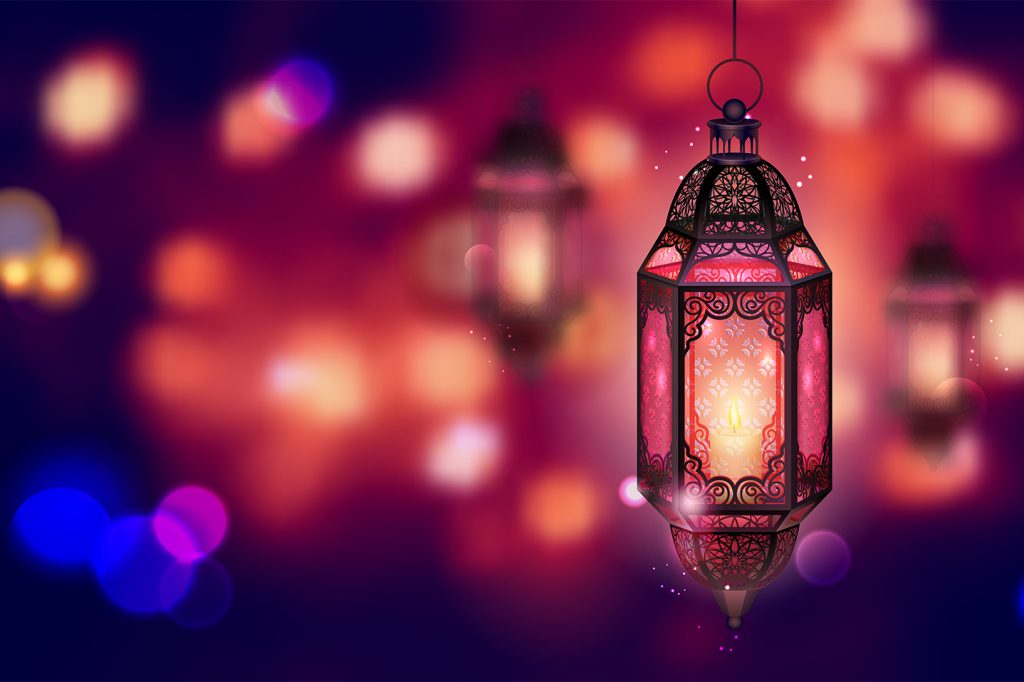There is immense beauty in religion, as it is filled with a diverse array of traditions and practices. These traditions help connect the believers of these religions and even allow them to experience the different hardships that many go through. For these same reasons, Ramadan is the holiest month of the year in the Islamic calendar. During Ramadan, Muslims come together as one to sacrifice food and water for a certain period of the day. This fasting simultaneously allows them to connect with those who are less fortunate.
Many Muslim-populated countries such as Libya contain a lot of poverty and misfortune. The purpose of Ramadan is to essentially acknowledge the misfortune and terrible circumstances that many have to endure daily. Remaining on the topic of Libya, the Libyan Slave Trade sold human beings at an auction simply to gain wealth. Such an inhumane act being committed for mere money is not what truly matters in this world. Ramadan helps Muslims remember what truly matters in the world, and also teaches the harm of being greedy. For instance, people often do not understand the privilege that comes with having a stable food supply and may waste it. Ramadan helps to eliminate this greed, as people across the world do not have this same privilege.
Ramadan is about balance, in the sense that it helps people understand each other. So, to obtain this balance, Muslims start their fast at “suhoor”, which is around sunrise, and end it at “iftar”, which is at sundown. The times of when to start and end a fast depend on the Islamic calendar. Between suhoor and iftar, Muslims are pushed to keep themselves craving food and water, as the less fortunate do not have this privilege. However, if under emergency circumstances, it is acceptable for a Muslim to break their fast.
Since Ramadan is such an important holiday in Muslim culture, large family gatherings to break the fast had occurred. However, with COVID-19 spoiling everyone’s plans, these large family gatherings have come to a halt. Instead, Muslim families may break their fasts together over Zoom, grateful that they at least get the chance to “be” with their families. Additionally, even though COVID-19 may act as a barrier between family reunions, Muslim families get the chance to break the fast and enjoy a nice meal together. Overall, Ramadan helps spread unity and love.
Since Ramadan is incredibly important and celebrated, Muslims conclude the holiday by celebrating “Eid”. To celebrate, Muslims dress up in traditional clothing that varies depending on which country they are from. This holiday also consists of many family get-togethers that COVID-19 is, unfortunately, going to affect. For example, families often get together to pray, either at their homes or usually at masjids (places of worship for Muslims). To respect social distancing guidelines and enjoy Eid simultaneously, the Muslim Council of Britain has talked about outdoor prayers and meetups. Overall, despite COVID-19, Eid is a beautiful holiday that helps bring Muslims together.
Ramadan has a lot of impact on not only Muslims but also many people around the world. It helps teach the suffering that many have to go through, while also uniting Muslims together. It is full of beautiful culture, including prayers, food, clothing, decorations, and many other unique traditions. Ramadan spreads positivity, so Ramadan Mubarak!
Alisha Dave
Staff Writer
Graphic: Stanford Dept. of Medicine

